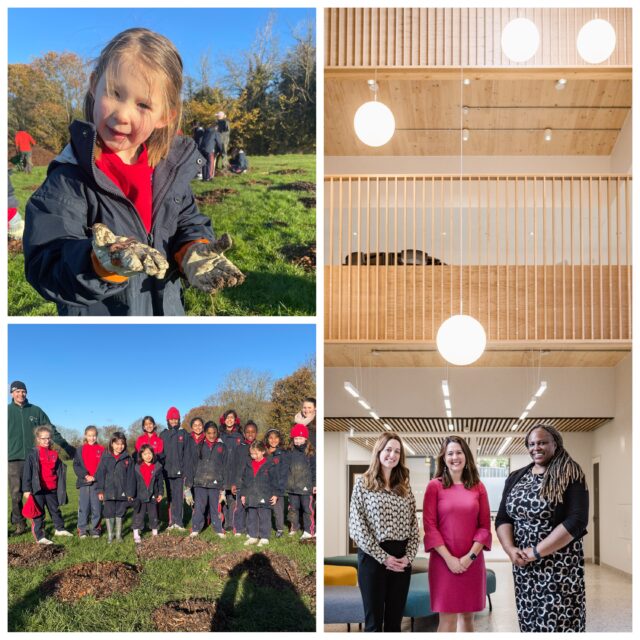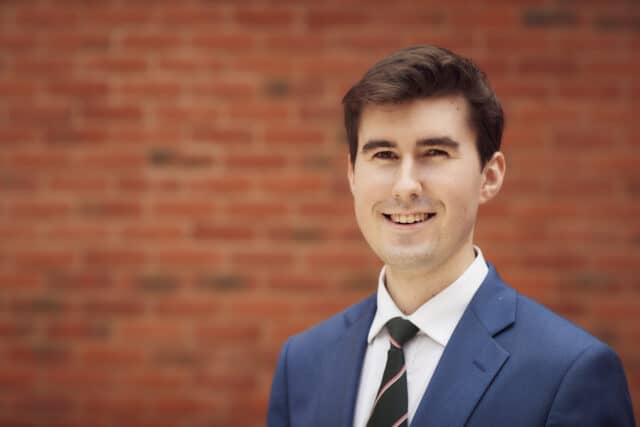Case Study
Haileybury Youth Trust training refugees in Uganda to be the next generation of climate-friendly builders
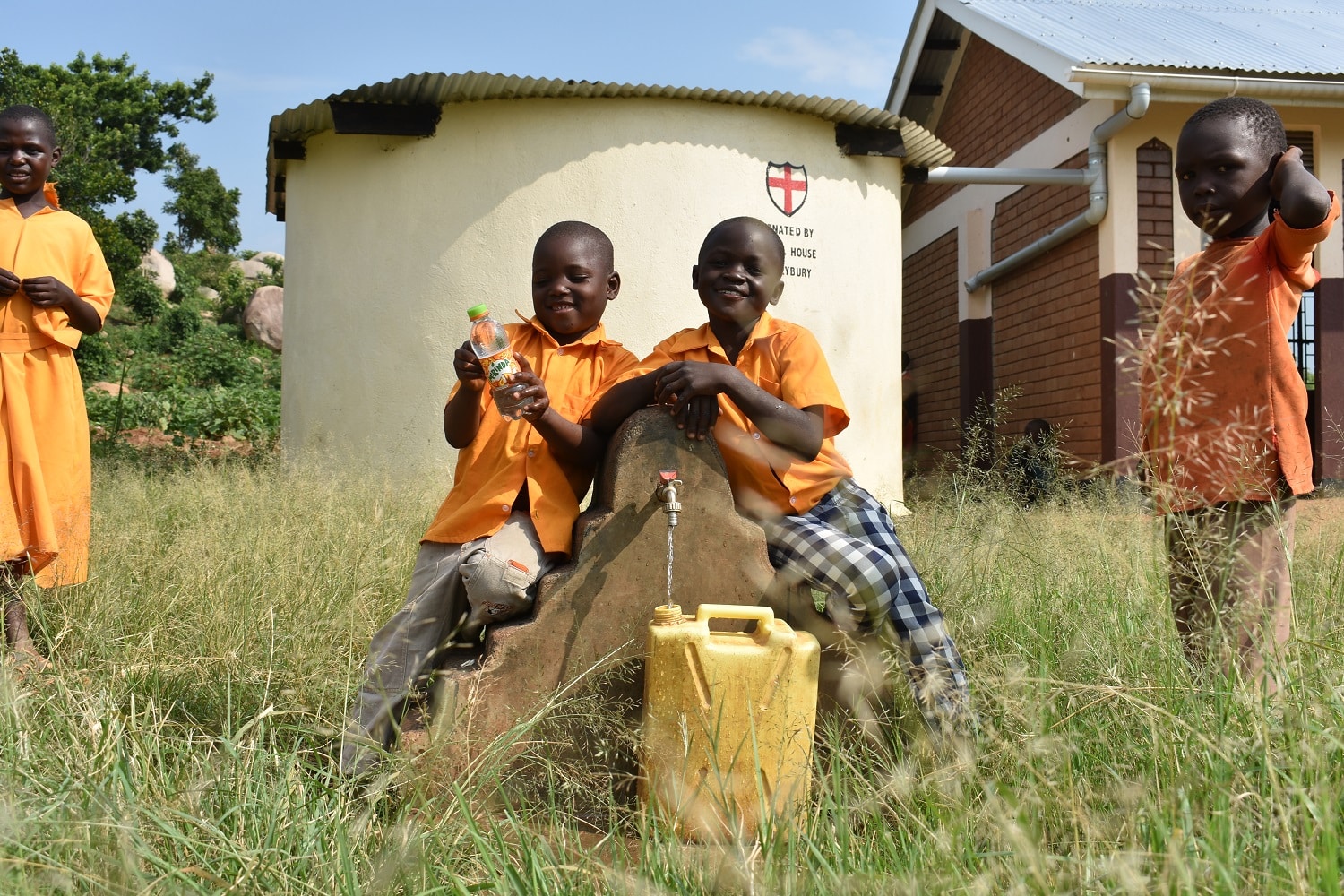
It is late November and it has been raining heavily. The children are walking home from school and their teachers gather for the end of day conversations. So far, so familiar.
But this is Bidibidi in northern Uganda, a settlement to 250,000 refugees from neighbouring South Sudan. It is a ‘settlement’ (Africa’s largest) rather than ‘camp’ because many of the refugees will spend the rest of their lives here.
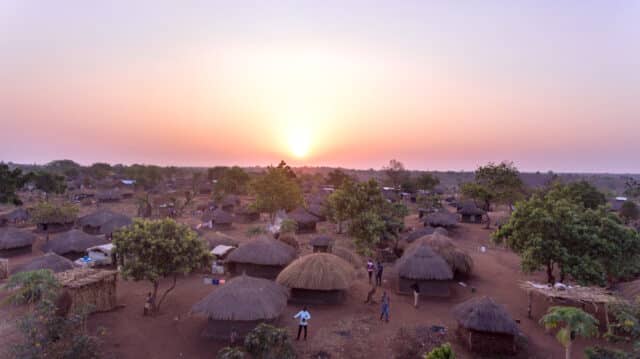 Bidibidi is a long way from the glorious setting of Haileybury College in Hertfordshire, home to Haileybury Youth Trust [HYT] which has been working in Uganda since 2007 and in Bidibidi since 2019.
Bidibidi is a long way from the glorious setting of Haileybury College in Hertfordshire, home to Haileybury Youth Trust [HYT] which has been working in Uganda since 2007 and in Bidibidi since 2019.
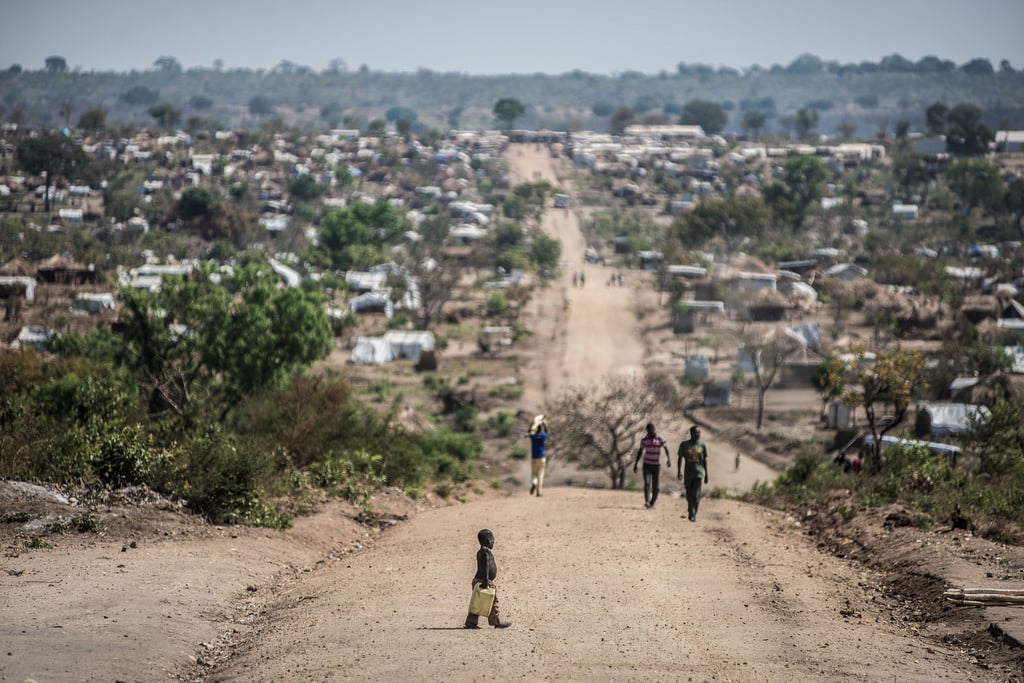
HYT’s mission is to train young people in climate-friendly construction, through projects such as ‘One Million Litres’, which recently built 50 rainwater tanks in 50 schools, bringing one million litres of clean water to 60,000 refugee children.
Led by HYT’s experienced staff, trained refugees and Ugandans (the ‘host community’) also build schools and affordable homes across Uganda, using a sustainable compressed earth block. Young women and men are empowered with new skills as they build facilities for their communities and are provided with an income and further employment opportunities.
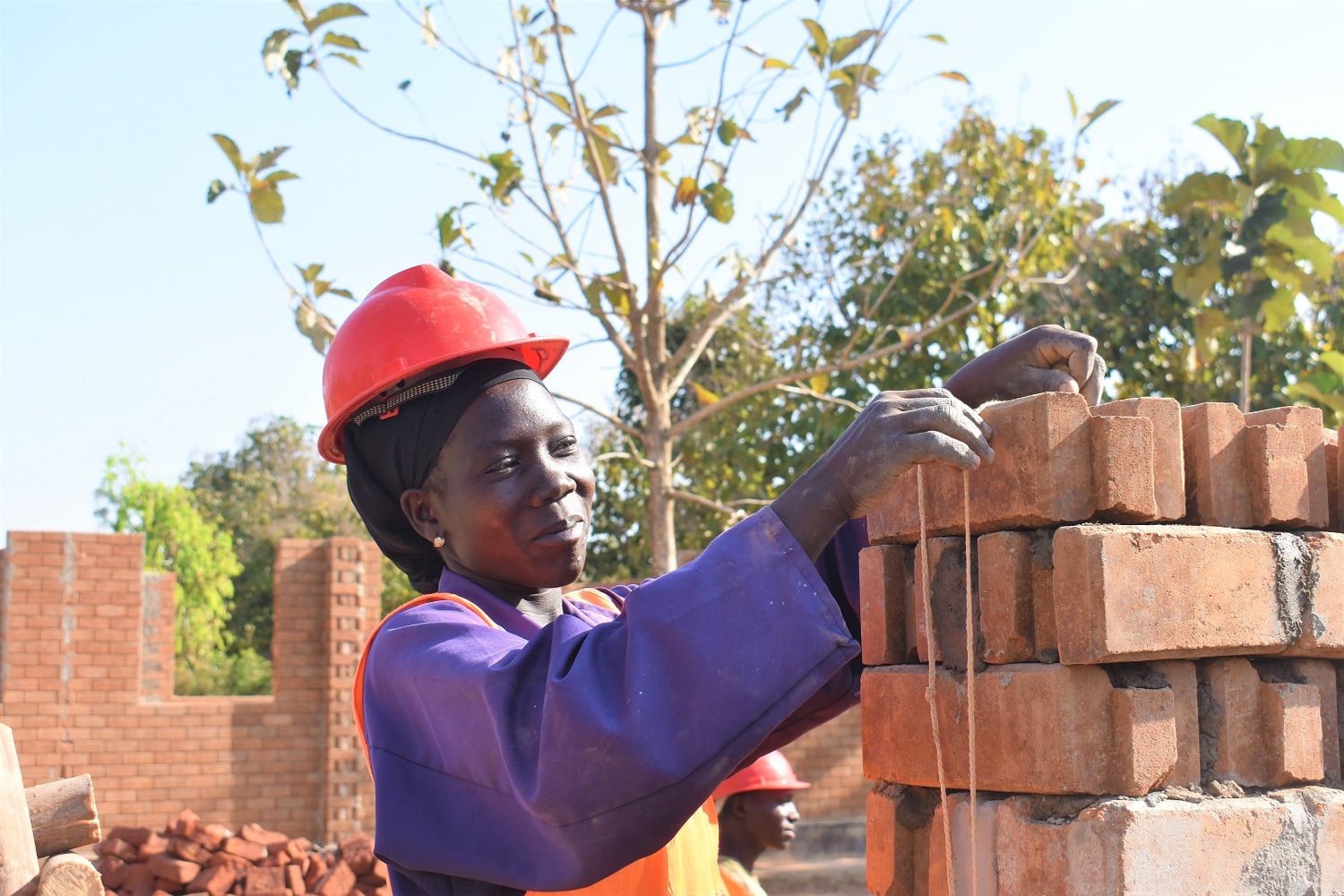
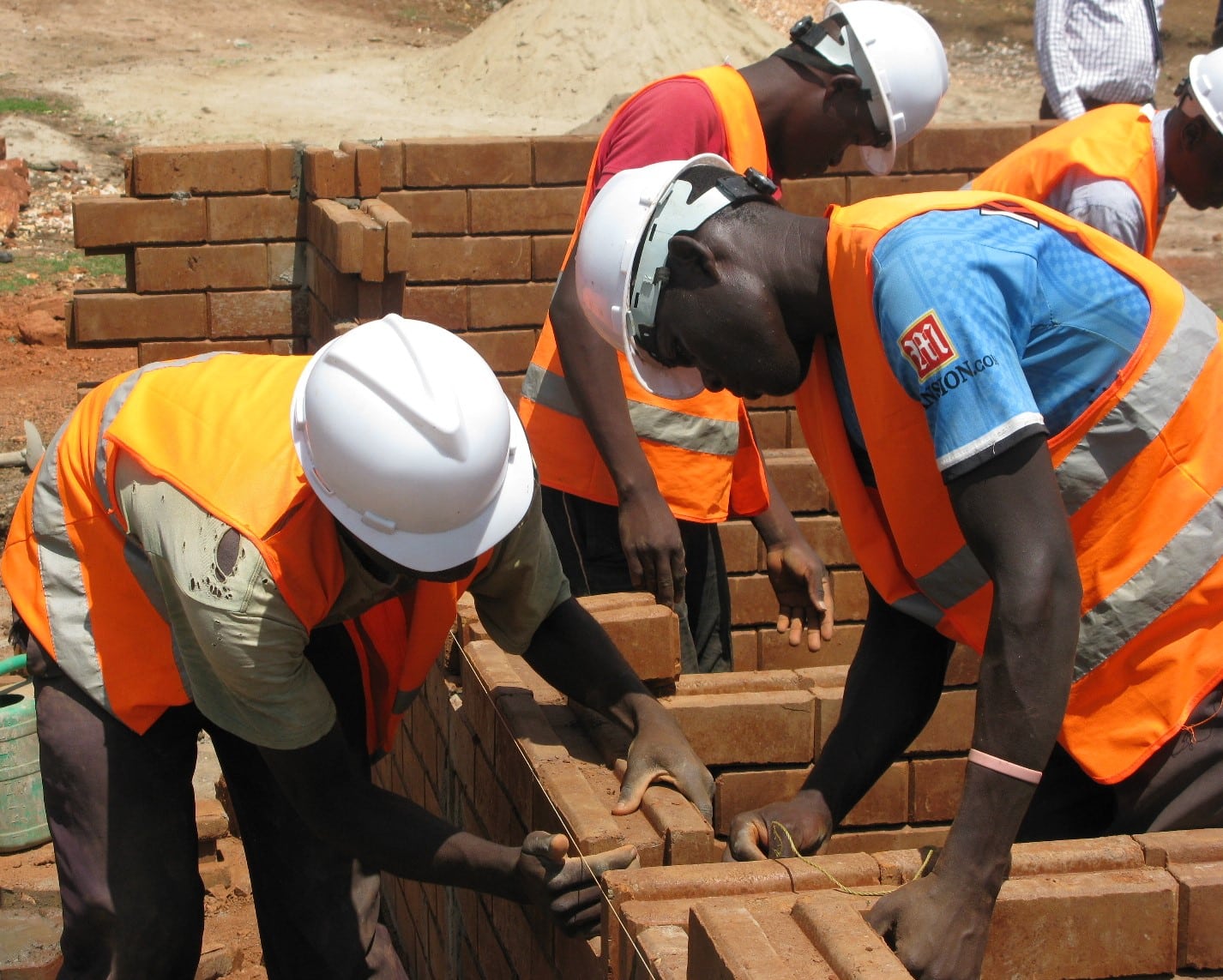
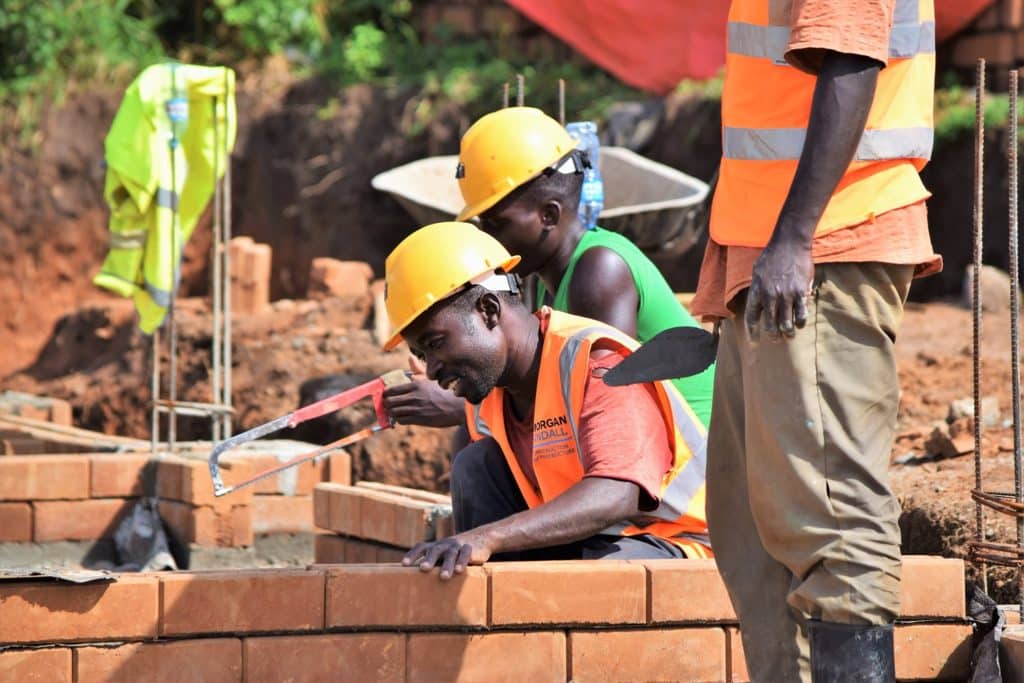
This low-carbon technology and the unique training programme has seen HYT garner international recognition, winning the prestigious Ashden Award for Sustainable Buildings:
The United Nations refugee agency and the British High Commission approved of HYT at an earlier Cop (COP26) too:
HYT’s full time staff is nearly all Ugandan, while our managers are former trainees themselves, including refugees.
There are valuable lessons to be gained for the pupils at Haileybury from the work carried out by HYT. The pupils are involved in fund-raising of course, but more importantly, they will get the opportunity to learn, first-hand, what being a refugee means. Next summer’s school trip to Bidibidi will not be ‘voluntourism’ however. The pupils will not take pencils, second hand hockey shirts or old laptops. That type of aid has limited impact and only furthers notions of dependency, as well as a paternalist sense of the relationship between the north and global south.
Instead, the Haileybury pupils will make the long trip to Bidibidi and meet the refugees so that they can better understand some of the issues that affect their lives and ours: conflict, migration and climate change. They will see how HYT working in equal partnership with refugee communities and organisations transforms schools and livelihoods whilst empowering them. They will also better appreciate the value of education as a way out of poverty and to gain self-determination, especially for girls. The pupils will take part in aspects of the refugees’ life, eating together and sharing a game of football.
They will also see HYT’s next project, installing 500 toilets in vulnerable, or women-led refugee households, supported by the German government’s development agency, GiZ.
Back at Haileybury, the school’s Engineering Society will learn about what lies behind HYT’s innovative construction technology, and replicate its compressed earth block, while geographers and economists will work with the case studies gathered on the trip to Uganda.
HYT began life as a Public School Mission in the late 19th century, working among the poor of London’s East End. It ran a boys’ club in Stepney and an early manager was former Haileybury pupil Clement Attlee, later the great reforming prime minister. 130 years later, Haileybury Youth Trust remains committed to service, but in a way that is relevant, appropriate and contemporary and does not cost the earth.
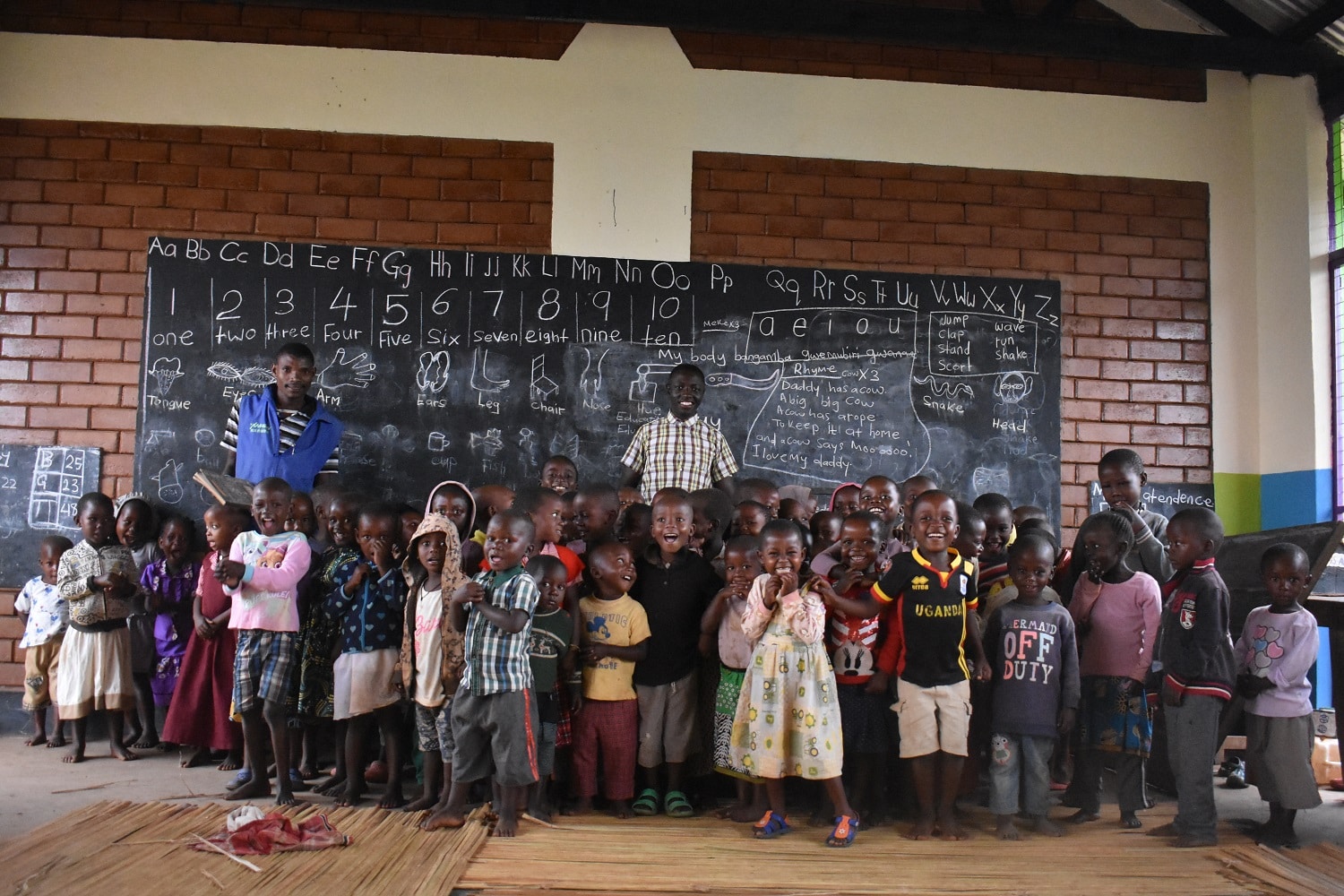
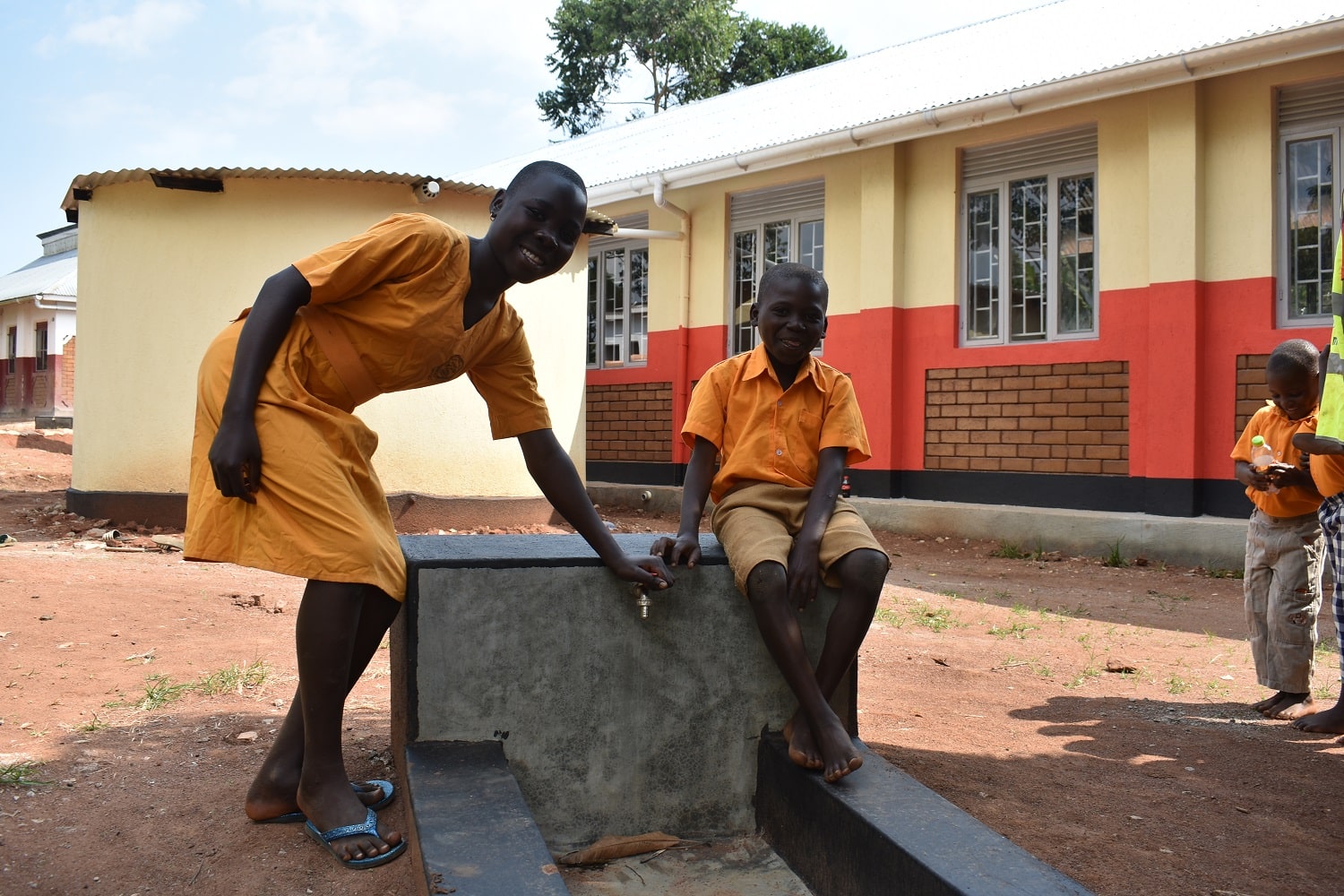
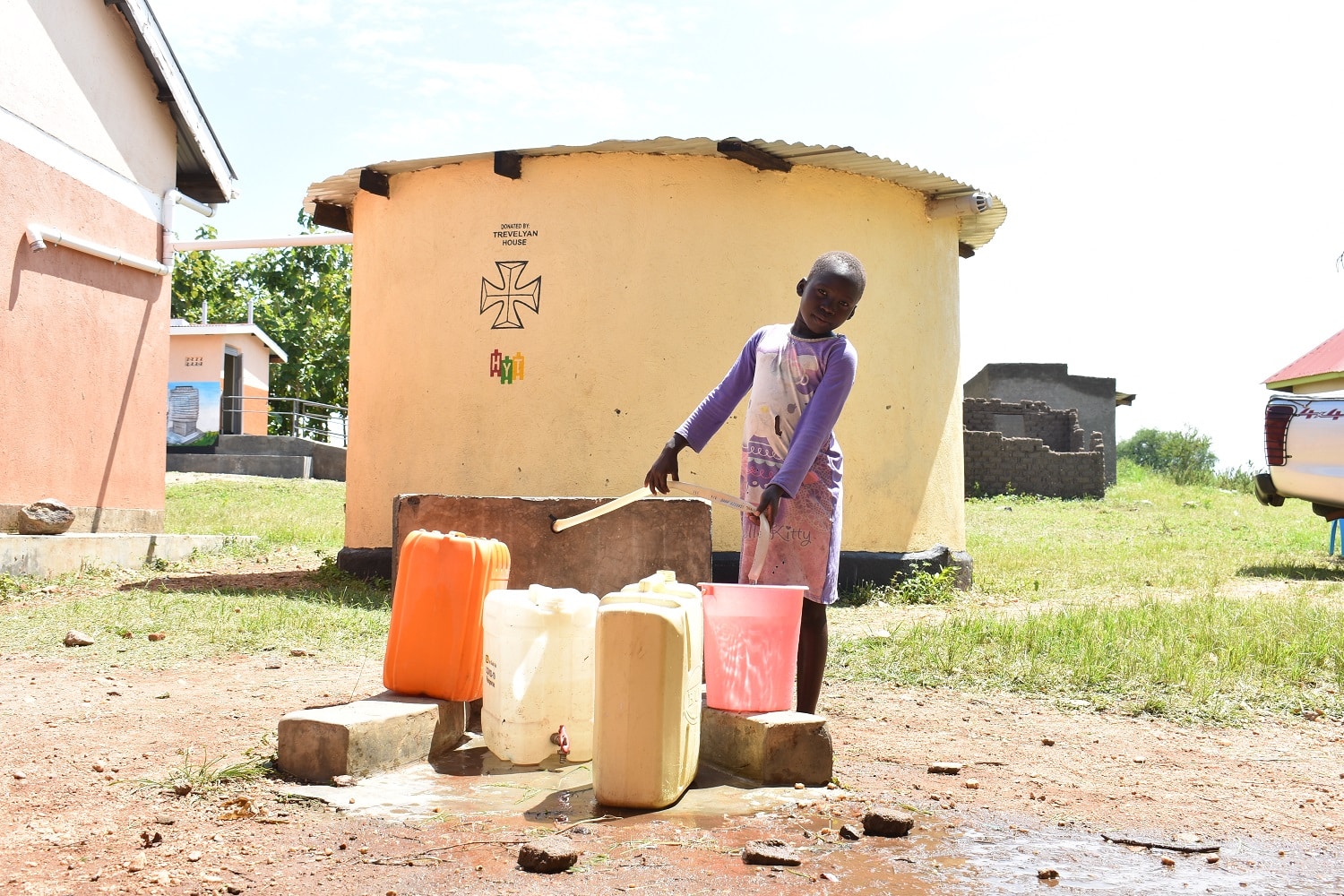
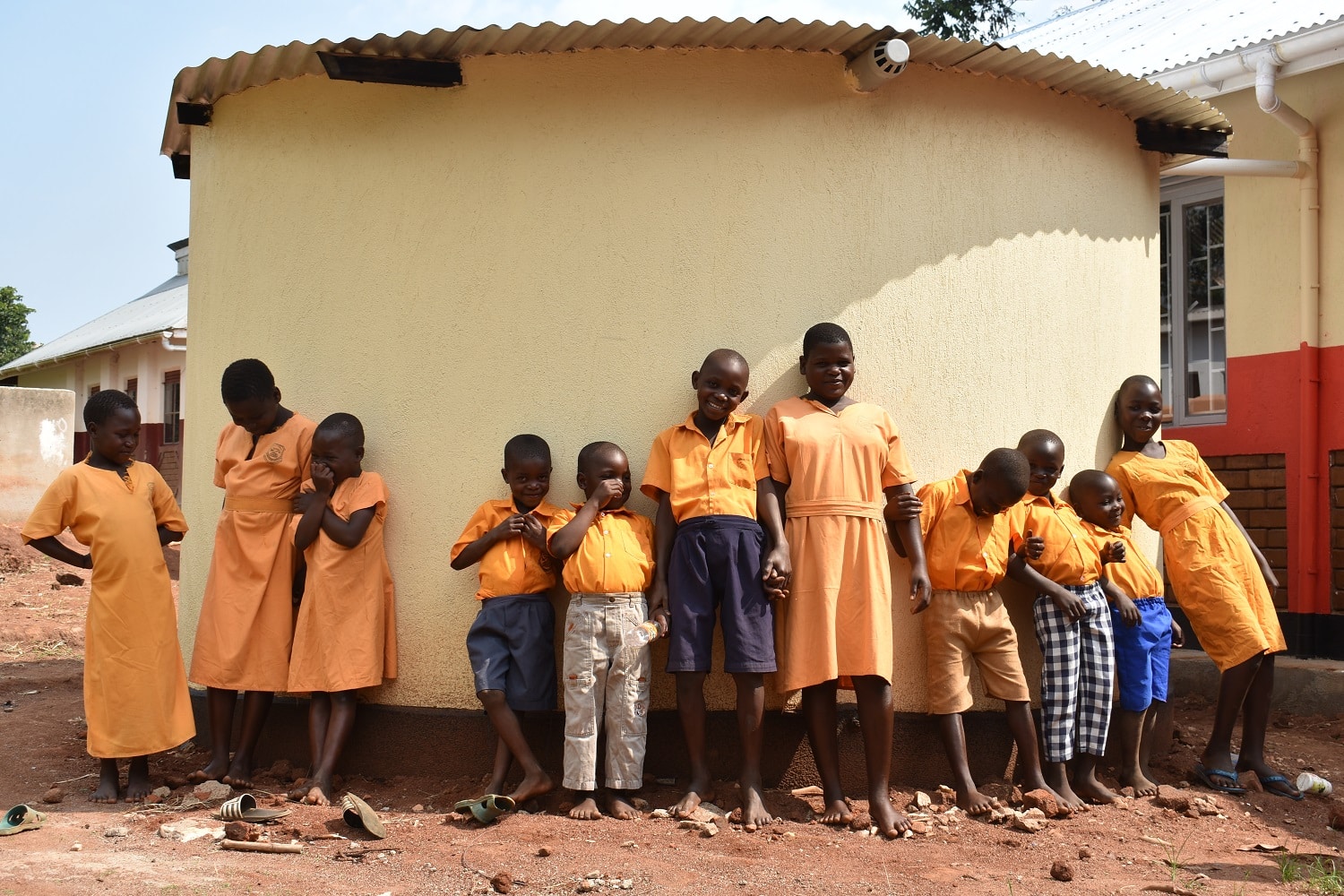
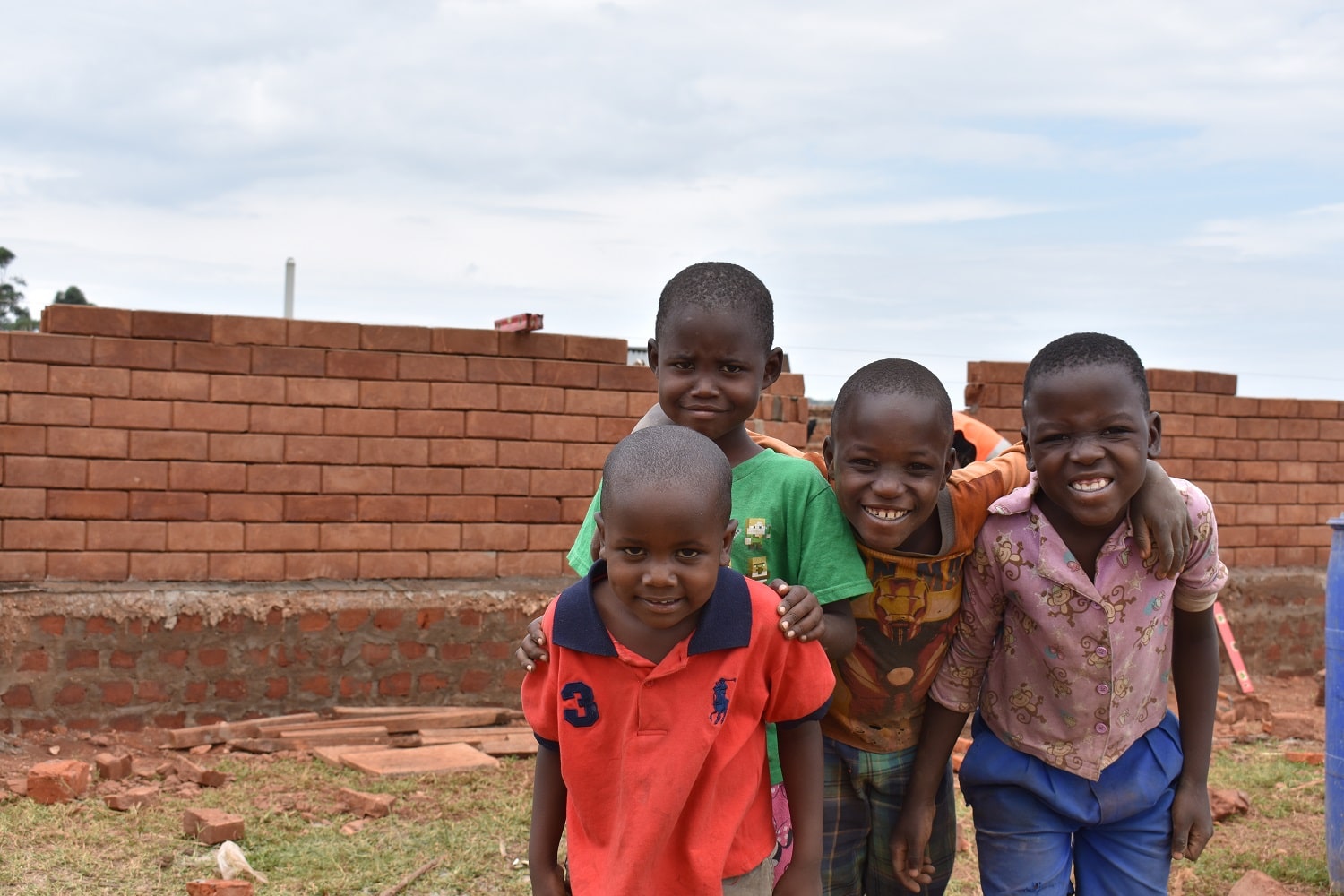
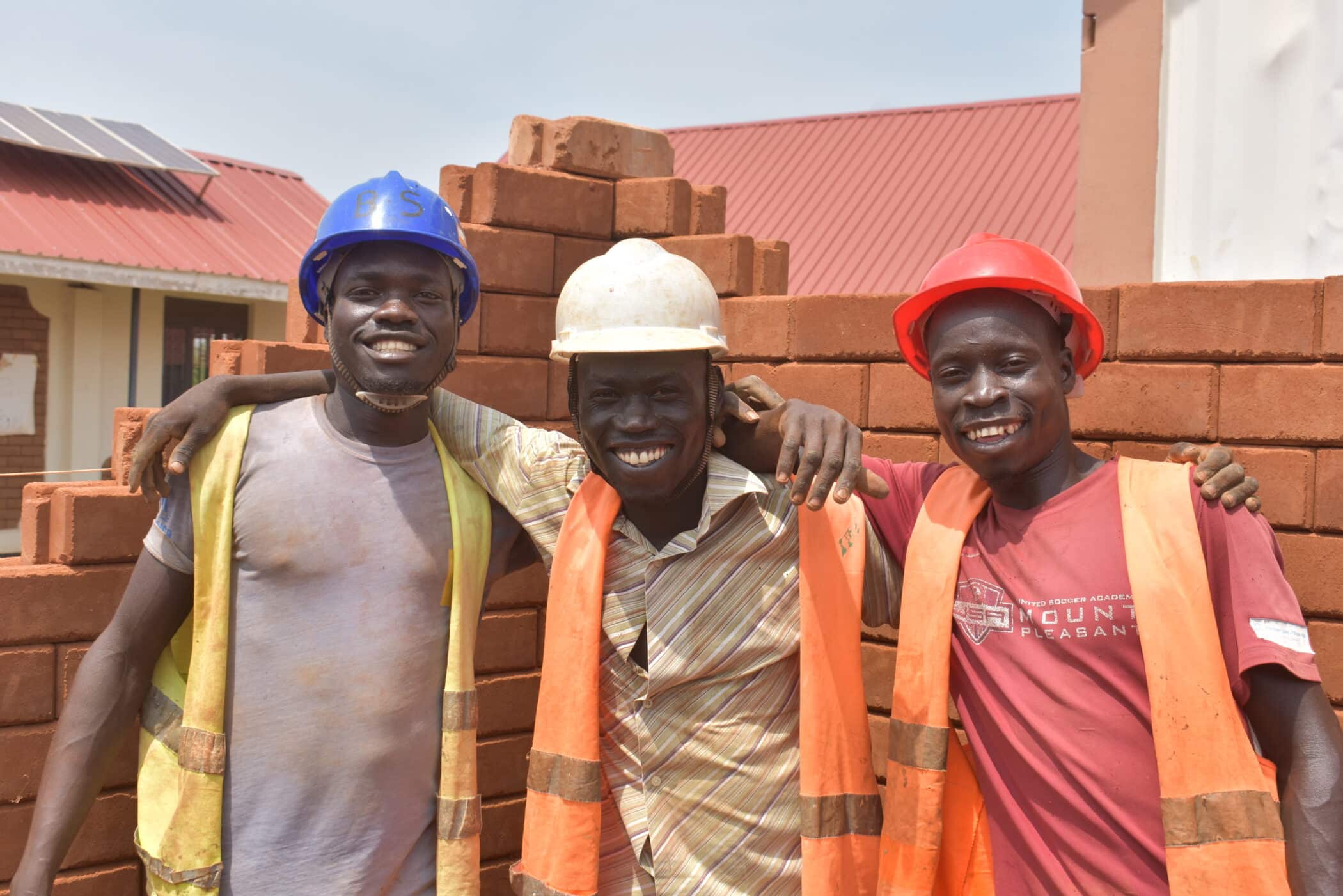
By Russell Matcham, Director of Haileybury Youth Trust.
Russell is happy to discuss the Trust’s work in more detail. He can be contacted at: [email protected].
